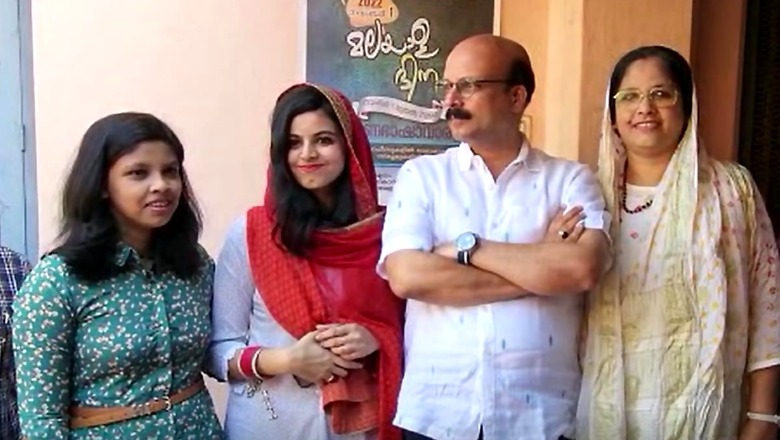
views
A Muslim couple from Kerala decided to register their marriage under the Special Marriage Act, 1954. The couple solemnised their wedding in a customary nikah nearly two decades ago. The decision was taken to move away from the ambit of the Muslim law of inheritance and let their daughters inherit all of their property. The couple had no son. Under the customary law, the daughters could have inherited only two-thirds of the property, the rest would go to other male heirs. The story is a testament to the need for reform within customary law. The Muslim personal law on inheritance that was once the harbinger of change and reform in Saudi Arabia, especially for women, is today being held hostage by the conservatives and has completely defeated the Islamic spirit of reform with which it was brought in.
Before embarking further two important clarifications must be made. First, the couple did not ‘remarry’. The couple merely registered their marriage under Section 15 of the Special Marriage Act. This provision allows marriage done under customary law (like nikah) to be covered under the umbrella of religion-neutral civil laws. Once covered under the civil law, secular laws pertaining to inheritance are applied.
Second, it’s wrong to presume that within the Muslim personal law, there was no scope for the parents to give all of their property to the daughters. Under the legally recognised customary Muslim law, the couple could have given all of the property as ‘Hiba’, or a gift, to the daughters during the lifetime of the parents. Within the personal law, there were various means and methods that could have been used. In their own words, the parents wanted to make a point that daughters should have an equal right to inherit like sons and the step to register the marriage under the Special Marriage Act should be seen in that light. The story has thrown up many perplexing questions pertaining to Muslim personal law vis-à-vis inheritance.
The right of women to inherit ancestral property has been severely curtailed in patriarchal societies across religions. For some context, it’s only in the last two decades that through various amendments and judicial intervention, Hindu women got an equal right to inheritance. The common law of England regarded women as ‘chattel’ or possession of the husband till the eighteenth century and they could not own property. Until 2004, women had no right on ancestral agricultural land. Despite the amendment of 2005, which paved the way for equal rights, various state laws make it challenging for women to inherit equally when it comes to agricultural land. In 2022, the Supreme Court has asked the question as to why tribal women (from Scheduled Tribes) should not have the same rights to inherit as tribal men under the Hindu Succession Act.
Muslim women have had the right to their husband and father’s property for over a thousand years now; though not on par with men, but a substantial portion is inherited. A wife or a daughter can never be completely excluded from inheritance. They are recognised Islamic heirs. The limited right of inheritance to Muslim women was given in a social and political context where imparting such rights was no less than a revolution. But the refusal within the community to reform or change with the modern times has made progressive Islamic tenets on inheritance look utterly regressive.
The codification of the personal laws is the need of the hour. Muslim women, unambiguously, should have equal right of inheritance. The move to reform or any statutory intervention should not be viewed from the binaries of modernity versus religious dogmas. In fact, the reform of Muslim personal law will be in line with the original reformist spirit of Islam and the well-settled notion of ‘ijtehad’ or self-interpretation recognised under Islamic jurisprudence.
Read all the Latest India News here


















Comments
0 comment